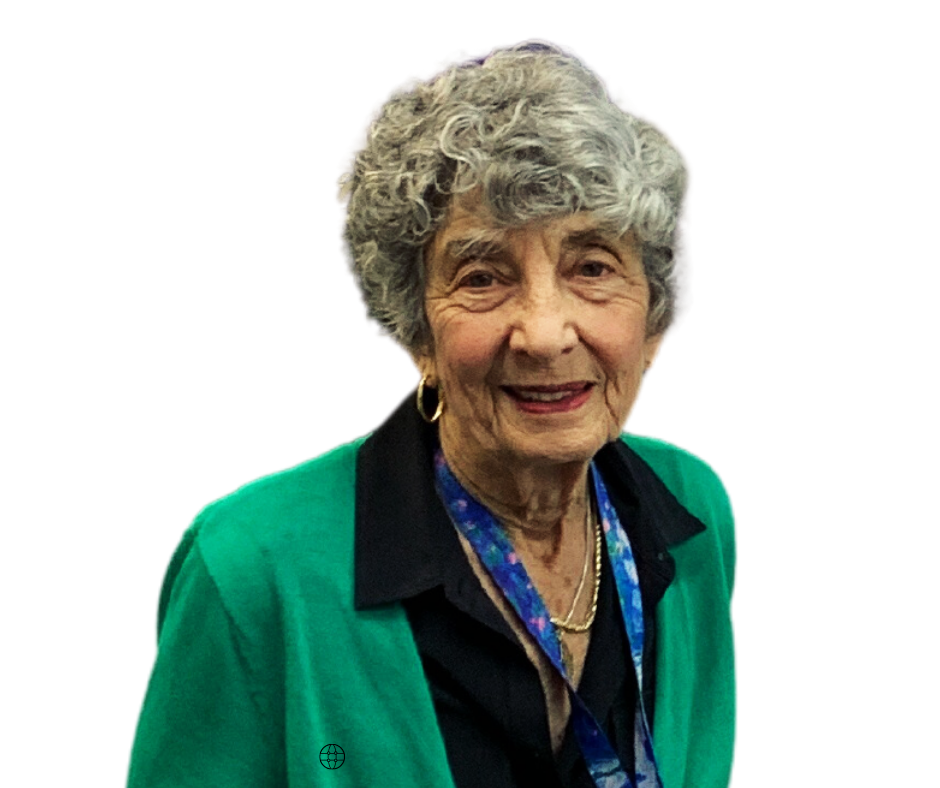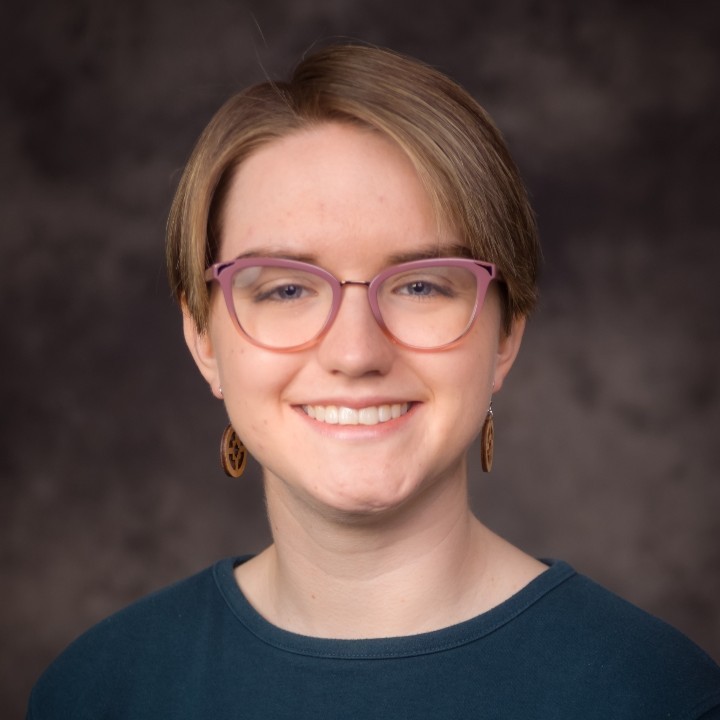Missouri Assistive Technology Demo Site
KC Digital Drive brings assistive tech and new digital capacity for community partners to KC’s east side
Missouri Assistive Technology – a federally funded 21st Century Assistive Technology Act Program – has designated the LAMP Campus computer lab as a demonstration site for adaptive, assistive technology (AT) for computer access. The AT Demo Site showcases a collaboration between Missouri Assistive Technology and KC Digital Drive, and is designed to create an expanded and more inclusive use of tech to help community organizations meet their clients where they are, and to be able to explore new ways to improve their digital life through assistive tech.
KC Digital Drive’s Digital Services and Support Center (DSSC) is part of a place-based approach to making Kansas City a digital leader, helping to expand community organizations’ capacity to help clients access technology and fully participate in digital life. The addition of the AT Demo Site to the existing computer lab opens up a new level of equity and inclusiveness at the LAMP Campus and for Kansas City’s east side neighborhoods.
The AT Demo Site aims to drive awareness for assistive technology broadly, and to make specific advancements in new AT more readily available to community partners and their clients, and provide safe, hands-on exploration of tech designed to enable a better user experience for people with disabilities, and help expose them to assistive tech tools that can improve their quality of life, enhance access to computers, and foster greater levels of independence and satisfaction.
This AT Demo Site is based on a cooperative agreement between Missouri Assistive Technology and KC Digital Drive, and is designed to:
- Establish an assistive technology demonstration center that will focus on connecting individuals served by KC Digital Drive who have difficulty in using a traditional computer set-up with AT devices and services that enhance their on-line experience.
- Provide opportunities for individuals to learn about, try and make an informed decision to acquire appropriate assistive devices and to connect with relevant services.
- Provide referral resources to other locations in the community for more AT services.
Community partners are encouraged to leverage the DSSC at the LAMP Campus as a digital commons that includes device recycling and retail service through PCs for People, on site tech support through partner providers, on-site and virtual digital skills classes, digital navigation training and services, and the new AT Demo Site.
DSSC staff are trained in AT through Missouri Assistive Technology, and can offer guidance, education, and hands-on exploration to address the needs of community partners and their clients.
The AT Demo Site equipment may change from time to time, and includes things like:
- Enlarged font and color-coded keyboards
- Ergonomic or specialized computer mouse
- Headmouse for handless navigation
- Trackball
- Joystick
The Digital Services and Support Center is located at the LAMP Campus at 1801 Linwood Blvd, Kansas City, MO 64109.
For more information, to schedule or teach a class, book the lab, or visit the AT Demo Site, contact us.
Email: training@kcdigitalddrive.org Phone: 816-200-0599
What is Assistive Technology? The Assistive Technology Industry Association (ATiA) states that Assistive Technology (AT) is “any item, piece of equipment, software program, or product system that is used to increase, maintain, or improve the functional capabilities of persons with disabilities.” For more information on different types of AT, go to ExploreAT.net or check out the MOAT website.
AT strategies and tools help improve the functional abilities of individuals with physical, sensory, cognitive or communication limitations as they relate to:
- Participation and success in the classroom
- Workplace productivity and learning
- Communication
- Knowledge of vocation/community options
- Independence at home and in the community
- Access to leisure
The focus is always on the unique goals of the person receiving services while considering their barriers to access.

Carol Meyers
Digital Skills Trainer

Leah Henriksen
State Digital Equity Coordinator
